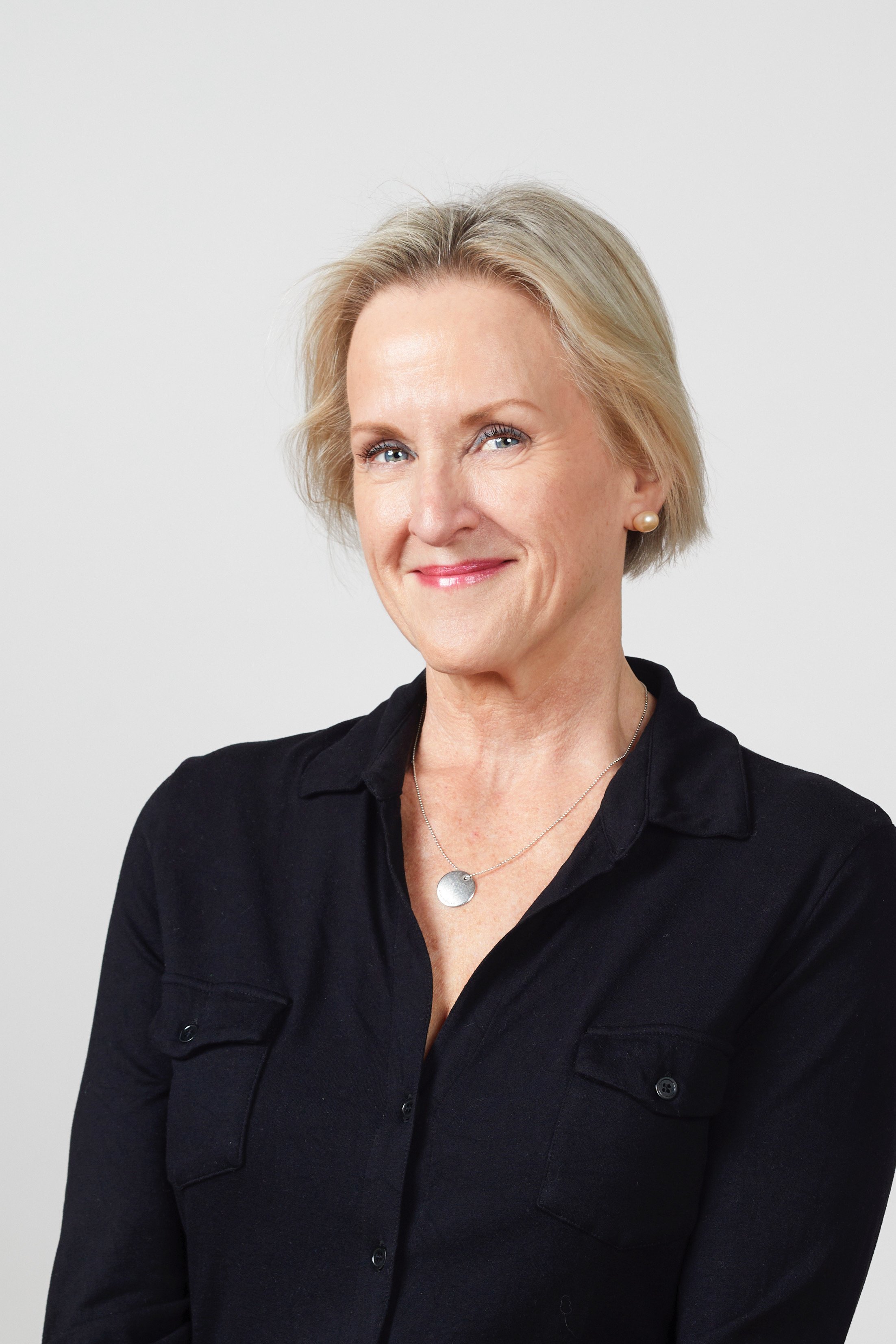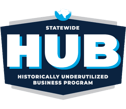The preparation is over. The accreditation inspectors have walked through the door. You’re thinking, ”We’ve got this! Bring it on!”
Then, the inspector asks you or another staff member to provide the facility’s list of purchased hazardous drugs. You think to yourself, “Our HD list is more inclusive than simply the purchased HDs because we’re diligent in protecting our employees from hazardous drug exposure.”
.png?width=358&height=358&name=Rpharmy%20Quotes%20(6).png)
Your list includes meds that patients brought with them but are not in the formulary. It also includes illicit drugs because you’re aware that in 2022, 839 worker fatalities were attributed to exposure to harmful substances or environments, according to the U.S. Department of Labor’s Bureau of Labor Statistics. Do you speak up to the inspector and provide the entirety of your facility’s HD list? YES! The inspector may follow up on why specific drugs are on your list, although not in your formulary.
Another essential aspect of this topic is the inclusion of drugs your organization has classified as hazardous despite their absence from NIOSH lists. Given NIOSH's lag in reviewing newly FDA-approved drugs, it's crucial for healthcare systems and facilities to proactively assess and include potentially hazardous drugs beyond NIOSH-reviewed lists. According to Pharmacy Purchasing & Products' recent USP <800> Compliance Update webinar, only 24% of those surveyed have expanded their list beyond the infrequently updated NIOSH list.
.png?width=356&height=356&name=Rpharmy%20Quotes%20(5).png)
If you are in that small group, inspectors may ask about your rationale for labeling certain drugs as hazardous and adding them to your HD list. This conversation provides a prime opportunity to demonstrate your facility's commitment to comprehensive healthcare worker and patient safety measures and risk assessment protocols.
Despite the years of preparation for USP <800> by all parties, including accreditation agencies, a learning curve still exists as inspections only recently began to include USP <800> queries. This process offers an opportunity for mutual understanding and improvement of implementation practices.
There may be some in our audience who are not adding drugs that a patient brings in with them to the hospital to their HD list, much less illicit drugs. You are not required to under USP <800>, but it does add another critical layer of protection by communicating how healthcare workers can continue to protect themselves even from the unexpected.
Have you or your team been asked something by an inspector that didn’t quite fit how your healthcare system or facility accomplishes the regulation? We’d love to hear about it and how you handled it. Email me at info@rpharmy.com
As always, our Safety First Blog is entirely free and never gated by a form. For more than three years, we’ve been adding content to help you through the heavy lift of USP <800> compliance. A few you might find helpful include 5 Lessons Learned in the USP <800> Trenches, Rpharmy Rounds: The QR Code to Passing Joint Commission Inspection, and NEW ROI Case Study: The Real Cost of Manual Hazardous Drug Management.


